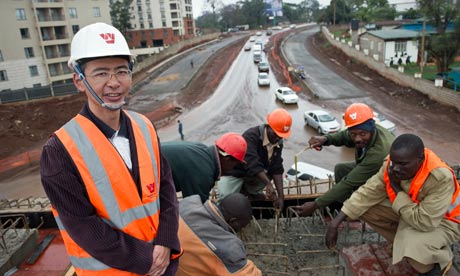
Poverty, repression, decades of injustice and mass unemployment have all been cited as causes of the political convulsions in the Middle East and north Africa these last weeks. But a less recognised reason for the turmoil in Egypt, Tunisia, Algeria, Yemen, Jordan and now Iran has been rising food prices, directly linked to a growing regional water crisis
http://www.guardian.co.uk/environment/2011/feb/20/arab-nations-water-running-out



